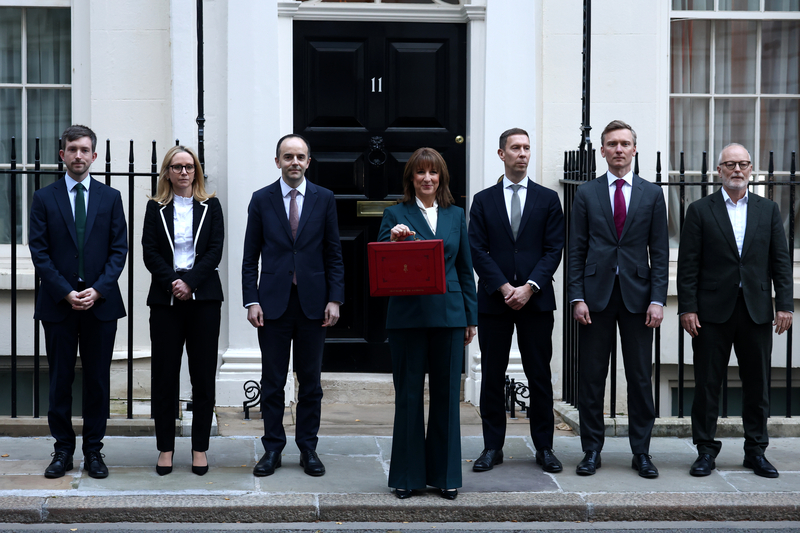
Sports Direct: the impact of corporate governance on reputation
After a bruising few months, Sports Direct bashed by MPs and the media for the quality of its corporate governance and its treatment of low-paid staff has finally taken some positive steps to address its reputational problems.
In a brief statement to the stock market it said leading law firm RPC would carry out a review of working practices, while an external evaluation of the board would take place later in 2016.
These are welcome first steps, though arguably overdue.
To us, the brief announcement about the board review is particularly eye-catching. Thats because while we accept that most people find the subject of corporate governance about as exciting as an overdose of rice cakes good corporate governance is an absolute prerequisite for a good reputation.
Its not just about structures, processes, compliance and various other dry-sounding concepts.
Its about people.
Endless studies and post-scandal inquiries highlight the link between poor decision-making and ultimately, therefore, reputational catastrophe and the personal interactions of individuals at board level. Boards that are too consensual, those not empowered to challenge a dominant figure, and those lacking in diversity are all risky.
And any board that congratulates itself on having a good esprit de corps should be viewed with particular suspicion. Good decision-making comes from a culture of robust challenge and corporate self-examination, where individuals can speak their minds and groupthink is actively resisted.
Much can be done to embed good working cultures in order to build resilience but it requires relentless attention and, as in the case of Sports Direct, external assistance. Now we wait to see what happens next. One way or another, the situation at Sports Direct is sure to become a case study in corporate reputation management.
Alder advises businesses on organisational culture and offers the pioneering Culture Check service, a 360-degree audit which identifies the early warning signs of failure. To find out more please call us on 020 7692 5675 or email [email protected] for a discreet, no obligation chat.



